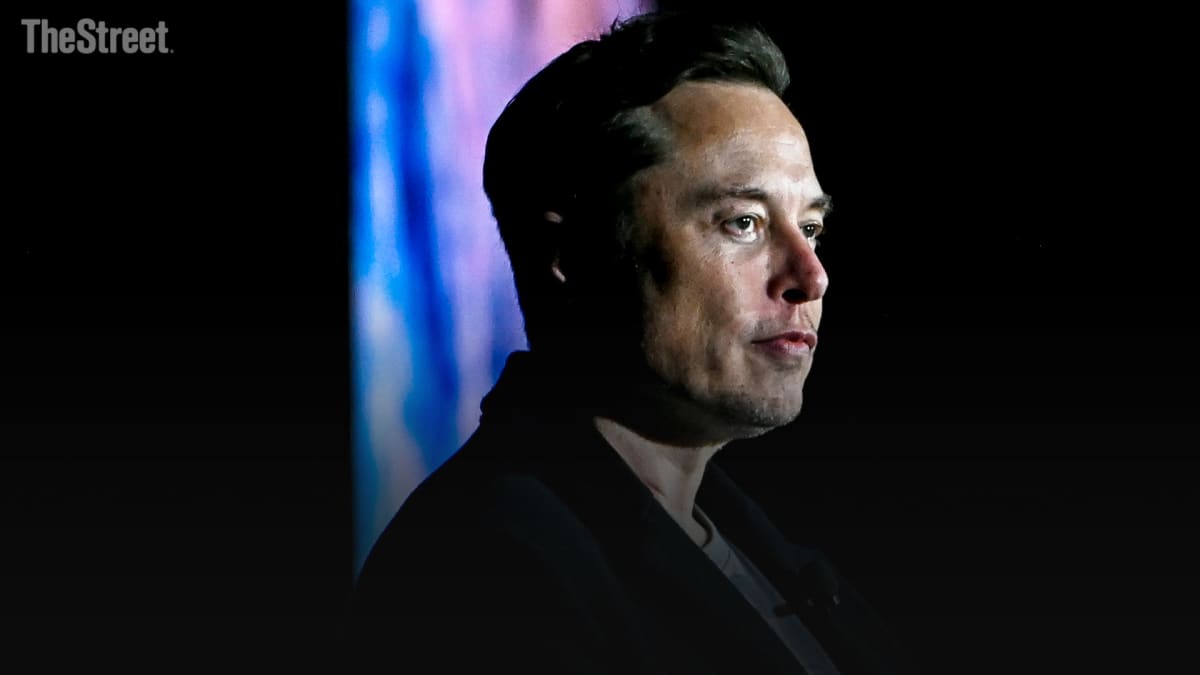
Elon Musk is not an economist, therefore his opinion does not count when it comes to the health of the economy, his detractors will say.
He will answer that, as a business leader, he is well placed to take the temperature and the pulse of the economy.
Musk knows companies. He is the co-founder and CEO of Tesla (TSLA), the maker of electric vehicles. He is the founder of SpaceX, the satellite and rocket company. He is involved in The Boring Company, a tunneling company, and in Neuralink, an AI company. He is also the owner and CEO of Twitter, a social network whose revenue relies on advertisers.
In these times of uncertainty about the economy affected by stubborn inflation which is also at its highest in several decades, the tycoon believes that entrepreneurs like him are compasses for consumers and policy makers, in the forefront of which is the Federal Reserve.
Are We in Recession?
It is in this light that the billionaire has become very critical of the monetary policy of the Fed, which has been raising interest rates to combat the high inflation affecting consumers and businesses. Economists and business leaders, including Musk, have warned that the counter effect of this action is that it weakens the economy and risks causing a recession.
The debate continues to rage between critics of the Fed and those who believe that the current rise in prices for goods and services justifies further interest rate hikes. It should intensify as the FOMC meets on May 2-3.
The CME Group's FedWatch tool is now showing an 88% chance of a 25 basis point federal funds rate hike, which was increased to a range of 4.75% to 5% only a month ago. This would take the target rate to a range of 5% to 5.25%, with speculation pointing to a hold on rates in June and July.
For Musk, if the Fed continues to raise interest rates, the economy, which is already in "mild recession", will experience a "severe recession." He made this prediction on a Twitter thread started by Harvard economist Larry Summers.
"If the @federalreserve does what's necessary to contain inflation, I think a slowdown is likely to come," the former Treasury secretary wrote on Twitter on Apr. 29. "The odds on that happening sometime in the next 12 months I think are pretty good, perhaps 70%."
"Fed data has too much latency," Musk commented on April 30. "Mild recession is already here."
'Mark My Words'
To justify his point, the techno king argues that the banking crisis, which he evokes in the form of a metaphor and an image of a cemetery, is a sign of the economic slowdown already underway. He also points out that the cemetery where Silicon Valley Bank (SIVB) was recently buried -- the Californian bank was closed by regulators on March 10 after a run on the bank -- and Credit Suisse (CSGKF) , is filling up very fast. First Republic Bank (FRC), a bank based in San Francisco, is currently on the verge of bankruptcy, also victim of a bank run.
"It’s not like just the canary in the coal mine (SVB) died, one of the staunchest miners (Credit Suisse) died too & the cemetery is filling up fast!" the billionaire argued.
Then he warned: "Further rate hikes will trigger severe recession. Mark my words."
Anticipating criticism, Musk argues that, unlike the Fed, the data he has is a real-time picture of the economic situation, which gives a better insight of what is really going on.
"Between, Tesla, Starlink & Twitter, I may have more real-time global economic data in one head than anyone ever," the serial entrepreneur said.
The data that the Fed takes into account in its monetary policy decisions signal another rate hike.
The March core PCE (Personal Consumption Expenditures) Price Index rose 4.6% from last year, down from the revised 4.7% recorded in February, but is coming in higher than the analysts’ consensus forecast of 4.5%. The core index was up 0.3% on the month, the Bureau of Economic Analysis reported, matching both last month's pace and the analysts’ forecast.
A separate report from the Labor Department showed that its closely-tracked employment cost index rose 1.2% over the first quarter, higher than analysts’ 1.1% forecast. Private-employer wages were up 5.1% in March, the data indicated.
Commerce Department data published on April 27 showed that the closely-tracked core PCE Price index for the first quarter, one of the Federal Reserve's favored inflation metrics, accelerated at a 4.9% pace, topping the 4.4% rate from late last year.







